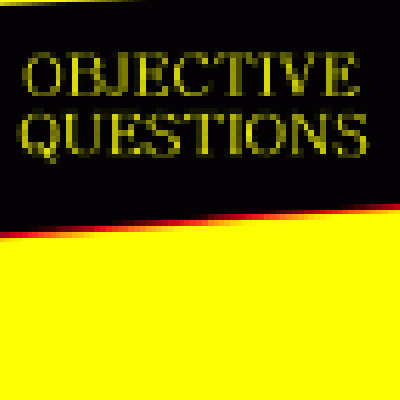Advertising Management
Price:
Rs500
A recent ad for a Nike hiking shoe used copy that was probably intended to be humorous. The copy suggested that Nike’s shoe could help the use avoid turning into “…a drooling, misshapen non-extreme-trail-running husk of my former self, forced to roam the earth in a motorized wheelchair with my name embossed on one of those cute little license plates you get at carnivals….” Marcie Roth, an advocacy director for the National Council on Independent Living, didn’t find it funny.
“Nike is trying to be sensationalist, and they’re doing it on the backs of the disabled,” thundered Roth, adding, “We won’t tolerate it.” Nike apologized and immediately pulled the ad. But Roth announced that her group was interested in more than just an apology, because the disabled, in Roth’s words, had been “dissed.” Nike was asked to include disabled actors in its ads and hire a greater number of disabled workers. Otherwise, suggested Roth, Nike could expect a boycott.
Boycotts are certainly one way for consumers to let advertisers know when they’ve gone too far. While some advertisers, notably Benetton, delight in creating controversy, that vast majority try to avoid the unwanted attention and possible loss of sales that a boycott might bring. Armed with this knowledge, consumers and interest groups regularly threaten boycotts and there are several Web sites that track the dozens of product boycotts that are occurring at any given time.
Recently the Web site “Ethical Consumer” listed boycott of Adidas (for allegedly using kangaroo skin in the manufacture of some boots), Air France (for allegedly transporting primates), Bayer (for allegedly supporting policies favoring the use of genetically modified crops), and even entire nations (Israel, China, Morocco, and Turkey).
Although Ethical Consumer’s rationales for supporting boycotts appear motivated by left-leaning or progressive concerns, conservative groups use them too. The American Family
Association, based in Tupelo, Mississippi, has sent tens of thousands of e-mails threatening boycotts to advertisers Geico, Best Buy, Foot Looker, and Finish Line. The AFA is not upset with the ads placed by these companies, but rather with the program in which the ads appear: South Park. The AFA claims its e-mail campaigns caused Lowe’s, Tyson, ConAgra, and Kellogg’s to stop placing ads in ABC’s surprise hit Desperate Housewives.
Some companies resist boycott pressures. Proctor & Gamble ignored AFA pressure to stop its support for gay-friendly legislation in Cincinnati. Subway Vice President Chris Carroll said his company ignored threatened boycotts caused by the company’s decision to run ads in a documentary that was unflattering to Democratic presidential nominee John Kerry.
And then there’s Pepsi. In 2003 the brand signed hip-hop artist Ludacris to appear in a “fun-oriented” campaign, but outspoken cable show host Bill O’Reilly immediately ripped Pepsi and urged “…all responsible Americans to fight back and punish Pepsi for using a man who degrades women, who encourages substance abuse, and does all the things that hurt…the poor in our society. I’m calling for all Americans to say, ‘Hey, Pepsi, I’m not drinking your stuff. You want to hang around with Ludacris, you do that, I’m not hanging around with you.”
A Pepsi representative appearing on O’Reilly’s show denied that the artist’s provocative lyrics (one album featured a song called “Move Bitch”) were relevant to the Pepsi campaign. But the following day Pepsi canceled the campaign. For viewers of a certain age, the entire affair was reminiscent of the controversy that erupted several years earlier when Pepsi canceled ads featuring Madonna after she appeared in a controversial music video.
But Pepsi’s decision did not mark the end of the controversy. After the announcement, Ludacris and the Hip-Hop Summit Action Network, an organization run by his producer, Russell Simmons, threatened their own boycott. Following several days of negotiations, the second boycott was called off. Ludacris would not be a spokesperson for Pepsi, but the soft-drink giant agreed to a deal to make a multi-million-dollar donation over several years to the rapper’s foundation.
Questions:
-
What do you think about consumer boycotts? Are they unhealthy attempts to infringe on the speech rights of others? Or are they a healthy sign that consumers can take action against the ethical lapses of advertisers?
-
How should a company respond to the threat of a boycott? Consider the different responses of Nike, Subway, Lowe’s, Proctor & Gamble, and Pepsi. How well do you think each of these companies reacted to boycott pressure? Did any of the companies hurt their brand because of the way they reacted to boycotts?
-
How would you review advertising ideas that you suspect are controversial and might generate a backlash? Is it ever justified to “push the envelope” in the areas of good taste and social responsibility? How would you decide if such approaches are effective?
1. Case study solved answers
2. pdf/word
3. Fully Solved with answers







